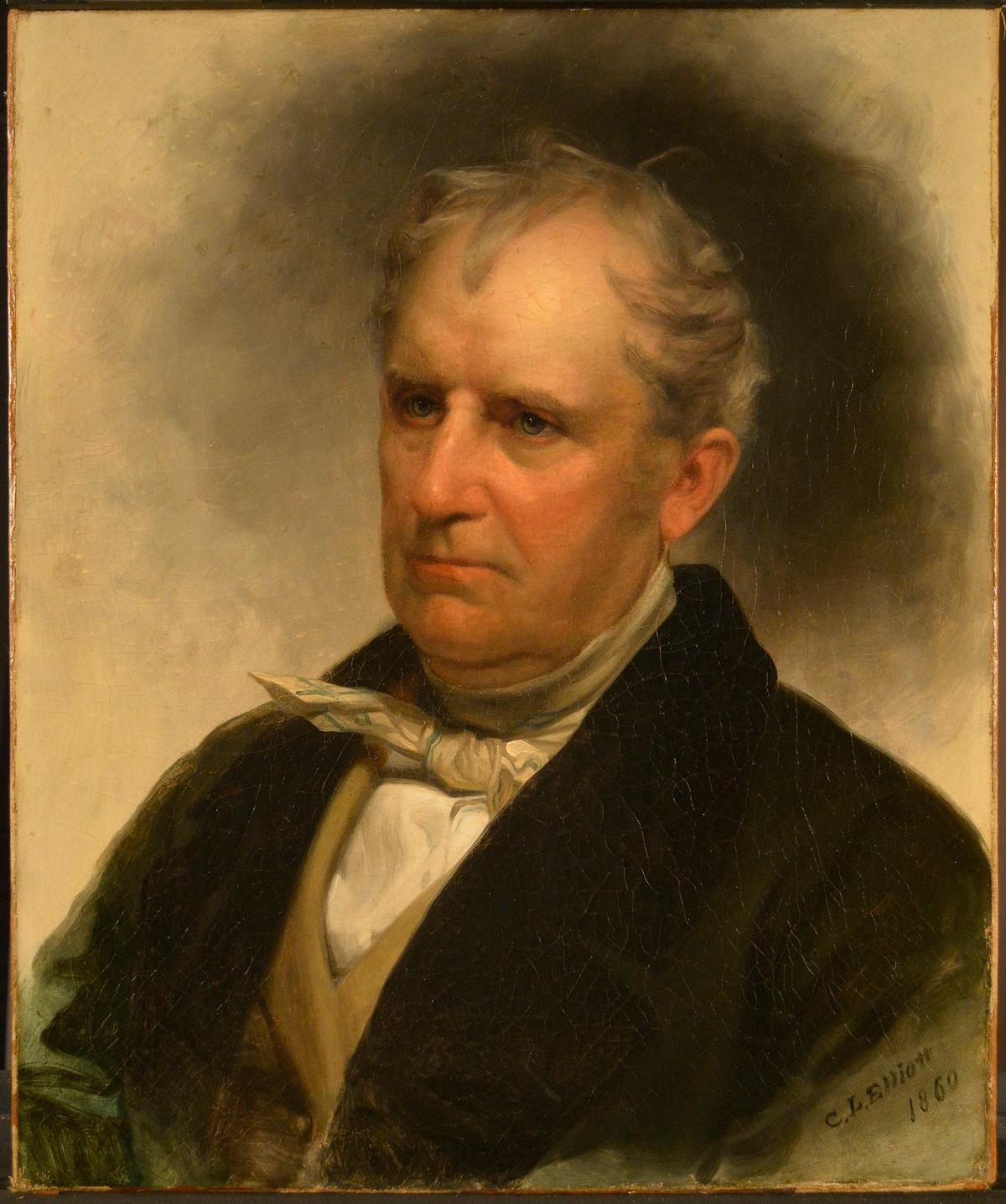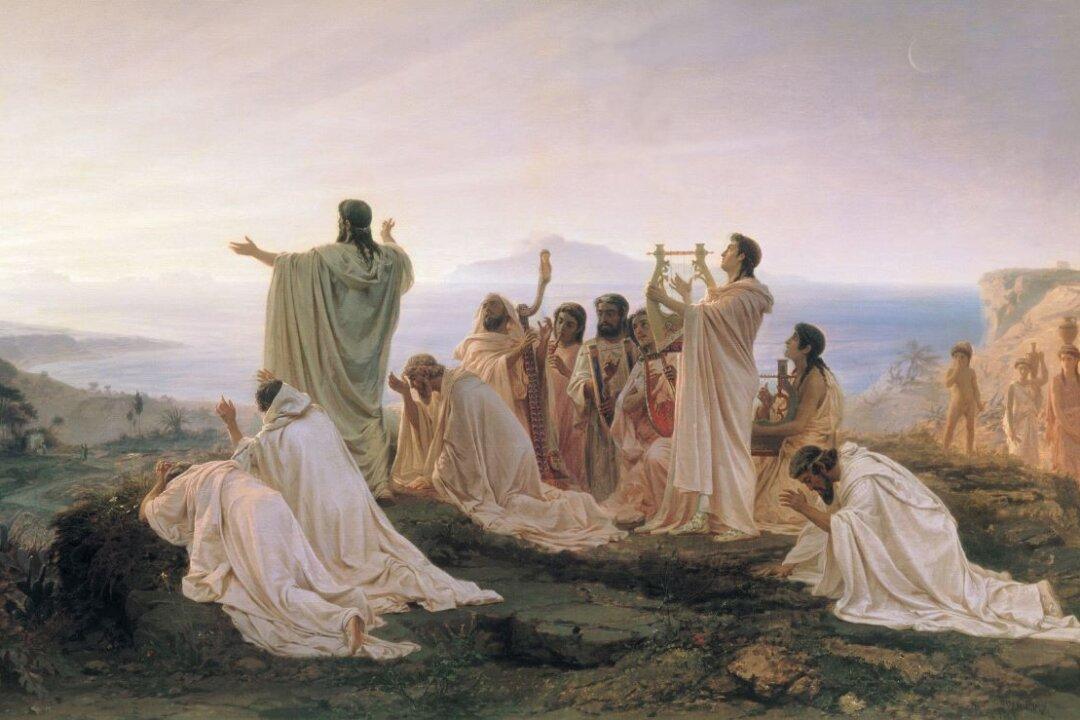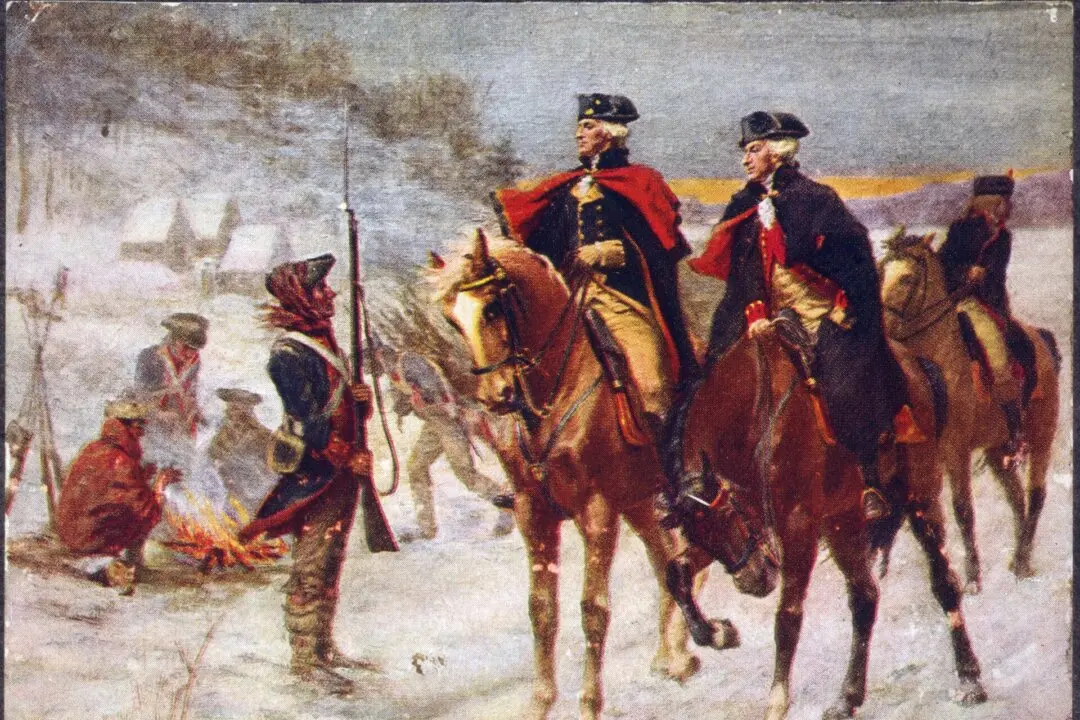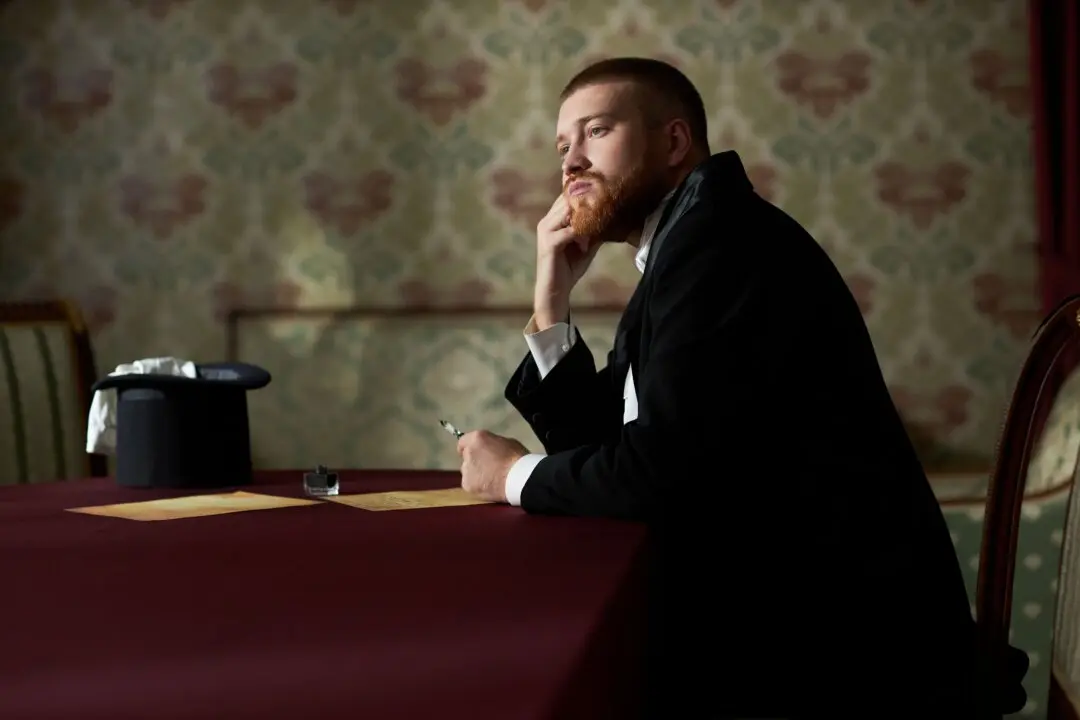“The Last of the Mohicans” is often dismissed as a boring old novel full of dense descriptions, epitomizing Mark Twain’s definition of a “classic” as “something that everybody wants to have read and nobody wants to read.” Twain himself did not think much of its author, James Fenimore Cooper, whose “literary offenses” he lampooned in a famous essay. But Twain’s view is hardly impartial: As a great novelist himself, he needed a literary forebear to overthrow—and what better target than America’s first great novelist? Although it is not taught much in schools these days, “The Last of the Mohicans” is a magnificent adventure story, and its hero, Nathaniel “Natty” Bumppo, is arguably the most influential character in all of American literature.
Rural Inspiration
Cooper was born in 1789, growing up in a New York frontier town where he passed his boyhood listening to elderly pioneers tell stories from a bygone era. As a student at Yale, his individualism often brought him into conflict with others. After being expelled for pranks, he retained a lifelong aversion to educated New Englanders. At age 17, he took up sailing, witnessing British oppression firsthand when crew members of the Royal Navy boarded his merchant ship and coerced a fellow sailor into service. After this, he joined the U.S. Navy. Stationed at Lake Ontario, he built ships and explored the wilderness in his spare time.
A portrait of James Fenimore Cooper by Charles Loring Elliott, 1860. Public Domain





